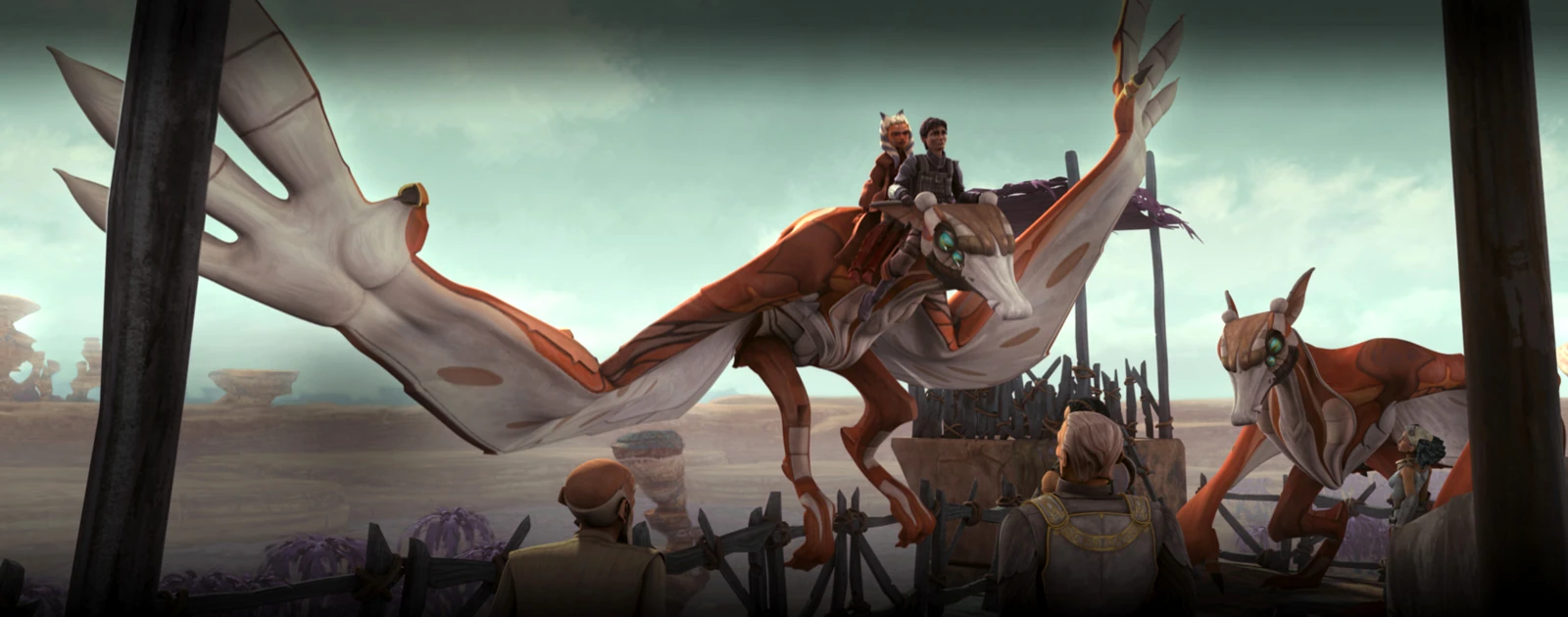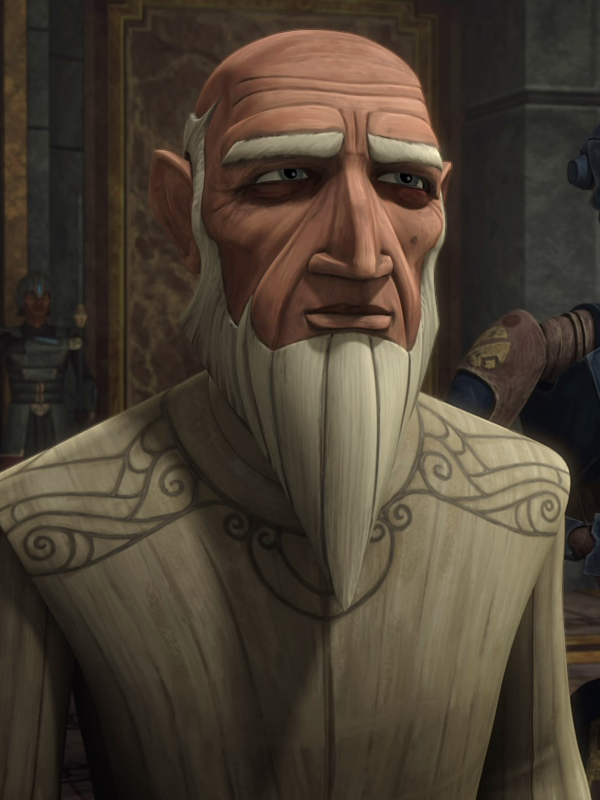Title: What We Do Now: Standing Up for Your Values in Trump's America
Editors: Dennis Johnson and Valerie Merians
 |
| via Amazon |
My wife's most recent Family Book Swap book for me was What We Do Now, a collection of essays from a range of left-leaning leaders. Included on the roster are current senators (Bernie Sanders and Elizabeth Warren), a former cabinet secretary (Robert B. Reich), a Nobel laureate (Paul Krugman), leaders of powerful political organizations (David Cole and Cornell William Brooks) and even novelists (Dave Eggers and George Saunders). Okay, so "left-leaning" is an understatement. These are the true blues. All write in response to the current liberal panic: how do we survive a Donald Trump presidency?
As a rule, I avoid discussing politics on the blog. Here, as in the real world, it's an easy way to lose friends. But we're living in interesting times and it's becoming darn near impossible to avoid discussing where we suddenly find ourselves on the American cultural journey. For those of you who visit regularly, my own positions probably aren't too difficult to suss out, though I'm sure this post will resolve any lingering confusion.
The liberal objections to the rise of Trump are both numerous and obvious. I think it's important, though, to delineate between objections to the Orange One himself and objections to policy shifts that would have occurred with any Republican victory in November. Narcissism, paranoia, contempt for humanity, lack of experience: that's all Trump and frankly, there are plenty on the right who find those qualities just as terrifying as I do. (Any bets on which Republican senator will ultimately take him down? My money's on Lindsey Graham.) Trump certainly owns the ridiculous Muslim ban, the stupid border wall, his attacks on the press and his way too cozy relationships with white supremacists. But overturning Obamacare, backslides on race relations, LGBTQ rights, women's rights, climate change? Those were likely with any White House party switch.
All of the book's essays are well-written. Unfortunately, not all of them do genuinely offer constructive solutions. There's a lot of admiring the problems. Too many of the writers focus too much on their own areas of interest (though to be fair, that's probably exactly what the editors requested of them). I can't say the book actually made me feel any better, though I do feel I have a better grasp of some of the issues.
I did have one important epiphany after reading: perhaps we, as liberals, have bigger problems than losing one election. Maybe there are good reasons why our side lost and failing to attend to those matters is why we lost.
Clinton lost the election because she lost three states: Michigan, Pennsylvania and Wisconsin. The last Republican to win any of those three was George H.W. Bush in 1988. The last to win all of them was Reagan in '84. All three were close. Trump won Pennsylvania by 68,236 votes, 1.2% of the votes cast. Wisconsin: 27,257 votes, 1%. Michigan: 13,080 votes, 0.3%. All three states have been hit harder than most by the changes in industrial America over the past generation. As Eggers pointed out in his piece, 110,000 voters in Michigan chose neither presidential candidate in 2016, twice as many as in 2012. To be clear, these are not people who didn't vote at all. These are people who dutifully filled out ballots, making their choices in statewide and local races, but left the Clinton/Johnson/Stein/Trump boxes blank. 110,000 people were so disgusted by the choices at the top of the ticket that they chose no one. 110,000 people felt that no candidate was doing anything to address their interests. If 13,081 of them could have been convinced that Clinton was the best choice, she would have carried the state.
But it's not Clinton's fault. It really isn't. Yes, I know all the Bernie supporters (of which I was certainly one) say he would have won and maybe he would have but that's beside the point. Those 110,000 people in Michigan are right to be disappointed with the Clintons and with the Democratic Party at large. When you make free trade agreements that help the stockholders but screw the workers, you're going to pay for it at the ballot box. Sure, the Republicans aren't really offering much help either but the Dems are supposed to be the pro-labor party. For too many in this country, the Dems dropped the ball. For those 110,000 people in Michigan and the thousands of others like them in Pennsylvania, Wisconsin, Ohio, etc., the lesser of two evils isn't good enough. And it shouldn't be.
For me, it all boils down to this one simple truth: we, as an American society, are not good at dealing with poverty. Americans see being poor as personal failure, not as an inescapable reality in an economy built on inequities. We're great at scapegoating. The inner cities would be better if there weren't so many poor people. Let's gentrify! Public schools can be saved by upper middle class parent involvement! The far right blames minorities, immigrants and labor unions for the problems of the working poor. Democrats blame Republicans, knowing full well their own campaign coffers are just as dependent on big-moneyed interests. We on the left would rather blame Trump and what could only be his racist and misogynist supporters or question the validity of the Electoral College than own up to our shortcomings.
Meanwhile, poor people are left to wonder who the hell is actually going to help make their lives better. No one does so they lose faith in the whole process. Who can blame them? Oh, that's right. We do. All the time.
Please join us and share your own review of your best read from the past month. This month's link list is below. I'll keep it open until the end of the day. I'll post April's tomorrow. Meetings are the last Friday of each month. Next gathering is April 28th.


















